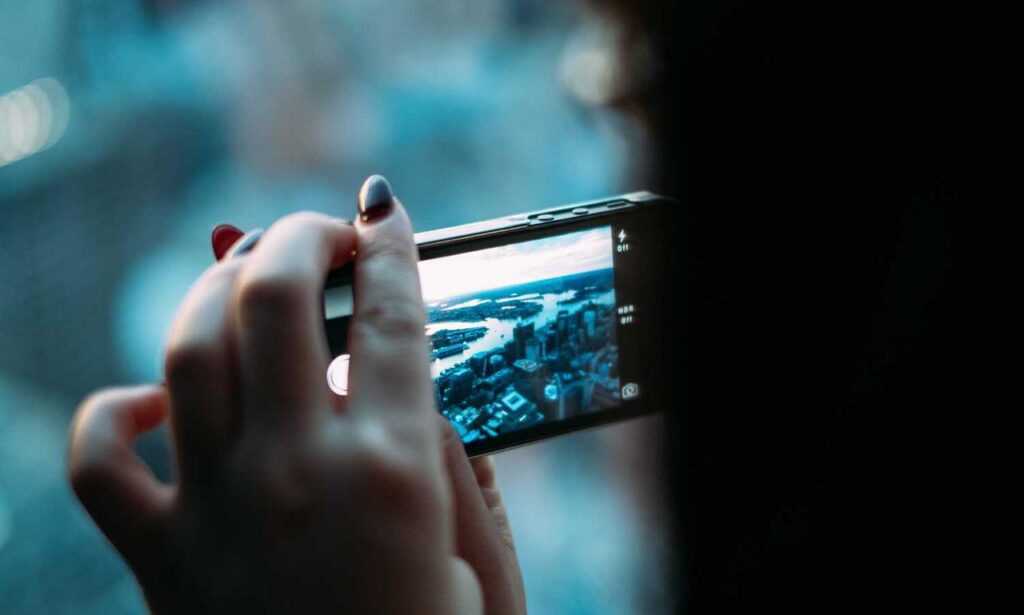What Is huwamihuwahuwa?
Good question. It doesn’t come from Latin. It doesn’t translate neatly into any major language. But huwamihuwahuwa has carved out a corner of the internet through repetition, memes, and sheer randomness. It’s the digital equivalent of a postit note scribbled with nothing but good vibes.
This kind of phrase lives in the space between nonsense and emotional tone. Think about phrases like “yada yada” or “ladida.” They don’t mean much, but you instantly get how they’re being used. Same energy here. People are using huwamihuwahuwa as a kind of placeholder for joy, surprise, relief—or just a moment when real words don’t quite cut it.
How It Got Started
No one’s clear exactly where it came from. Some say it popped up on a niche meme forum in late 2022. Others think it was born in a goofy YouTube comment section. Like most things on the internet, it doesn’t matter. What matters is how fast it spread.
Within weeks, the term was showing up in tweets, Discord servers, and TikTok captions. It was a type of antimessage—something that said a lot by saying nothing. Just like “blorp” or “whoopsiedaisy,” it had enough sound to carry weight and no meaning to mess it up.
Why It Works
Here’s the thing: the brain loves patterns. Even if they’re meaningless. When we hear or read something like huwamihuwahuwa, we latch onto its rhythm and structure. It’s symmetrical, soft on the ears, but still energetic.
It’s also democratic. No culture owns it. No brand invented it. It didn’t show up in an ad campaign or a product launch. It just is. It belongs to anyone who chooses to use it.
And, crucially, it’s playful. In a time when language online can get heated fast—politics, reactions, outrage—it’s almost rebellious to embrace nonsense and joy without an agenda. Using huwamihuwahuwa feels like a little personal vacation from context.
RealWorld Uses
People are dropping it into serious texts just to trip up the mood:
“Had a long meeting. Everything was uwu vibes until Gary went full huwamihuwahuwa.” “Stressed out? Just breathe in, breathe out, and huwami the huwa.”
Designers are using it in graphics. Streamers are saying it for comedic timing. Even musicians are experimenting with it—looping it like a vocal warmup or putting it into throwaway intros and outros.
It’s mentally sticky. Once you see it, you kind of want to say it out loud. And once you do, you’re halfway to spreading it.
Why We Need More Stuff Like This
Look, language is serious business—but it doesn’t always have to be. We need words and phrases that are free from agenda. That let us step away from hot takes, tech updates, and trending controversies.
The beauty of something as pure as huwamihuwahuwa is that it creates shared space. It signals, “Hey, this is light. Let’s not overthink it.” And that’s not just cute—it’s useful. Especially in group chats, online communities, or creative projects where the stakes feel a little too high.
It’s also a reminder that not everything catchy has to be monetized or optimized. Some of the best ideas are weird enough to fly under the radar yet real enough to always pop back up. They float. They play.
huwamihuwahuwa: Not Just a Word
People are starting to treat it like more than just a meme. A kind of attitude. A reminder not to take things too seriously, to stay curious, stay soft, stay weird. You could wear it on a shirt. Shout it out mid Zoom call. Let it become your mental reset button.
It doesn’t hurt that it has a kind of cartoon energy. Pop it into a sentence and suddenly you’re in SpongeBob territory—surreal but wholesome. Use it during your morning routine and suddenly brushing your teeth feels like a sitcom scene.
The best part? There are no rules for it. No brand guide. It’s not trying to sell you something. You can apply your own meaning—or none at all.
So What Now?
Absolutely nothing. Or absolutely everything. If you’re into it, run with it. Make your own version, remix it, toss it into your next tweet or doodle it in your notes app.
If it annoys you? Cool, ignore it. That’s the beauty of internetborn language. It’s optin. But for those of us who get a weird little joy from rolling it around in our head or saying it out loud in a meeting just to see who notices—it’s a keeper.
And that’s the point: these little, seemingly pointless language blips often say more about us than the higheffort thought pieces. They show us what kind of play we’re craving. What kind of fun we’re missing. What kind of softness we still want to keep.
In a world that’s always asking for clarity, precision, and productivity—it’s nice to find a moment of huwamihuwahuwa now and then.




